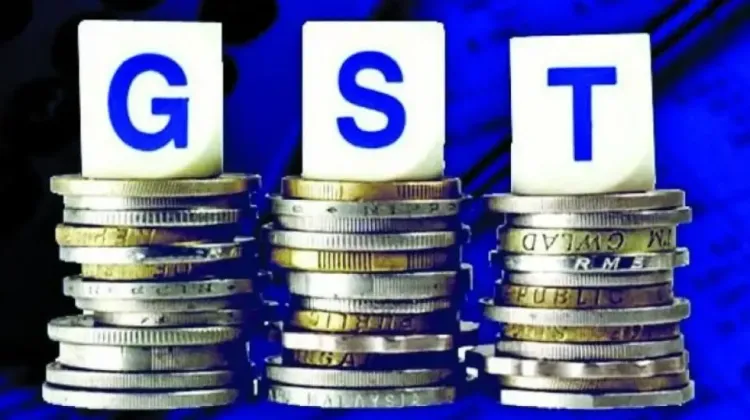GST Revenue Increased by 7.3% to ₹1.77 Lakh Crore in December 2024: Official Data

New Delhi, Jan 1 (NationPress) - In December 2024, India's goods and services tax (GST) collections experienced a growth of 7.3%, reaching ₹1.77 lakh crore compared to ₹1.65 lakh crore in the same month the previous year, according to data released by the government on Wednesday.
The breakdown of the GST collection indicates that Central GST amounted to ₹32,836 crore, State GST totaled ₹40,499 crore, Integrated GST was ₹47,783 crore, and the cess accounted for ₹11,471 crore.
During the month, GST from domestic transactions rose by 8.4% to reach ₹1.32 lakh crore, while revenues from import taxes increased by approximately 4%, amounting to ₹44,268 crore.
In November, the GST collection was ₹1.82 lakh crore, reflecting an 8.5% annual growth. The peak collection was recorded in April 2024, surpassing ₹2.10 lakh crore.
During December, refunds issued totaled ₹22,490 crore, marking a significant 31% rise compared to the previous year. After accounting for these refunds, the net GST collection saw a 3.3% increase, amounting to ₹1.54 lakh crore.
The GST collections have remained robust throughout the current fiscal year, enabling the government to generate additional resources and maintain a manageable fiscal deficit.
From April to November of the current fiscal year, India's fiscal deficit is projected at ₹8.47 lakh crore, representing 52.5% of the total forecast for the year, as per data released on Tuesday.
This situation indicates a strong macroeconomic condition, with the fiscal deficit remaining well-controlled as the government adheres to a consolidation strategy.
The government aims to reduce the fiscal deficit to 4.9% of the gross domestic product (GDP) this fiscal year, down from 5.6% in 2023-24.
The increase in tax revenues allows the government to allocate more resources towards significant infrastructure investments, stimulating economic growth and supporting welfare initiatives for the underprivileged.
Furthermore, keeping the fiscal deficit in a manageable range strengthens the economic fundamentals and ensures stability and growth.
A lower fiscal deficit reduces the need for government borrowing, freeing up more capital in the banking system for larger corporations to invest and expand. This ultimately contributes to higher economic growth rates and job creation.
Additionally, a contained fiscal deficit helps maintain a low inflation rate, reinforcing the economy's fundamentals and securing continuous growth and stability.










